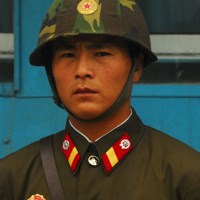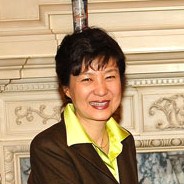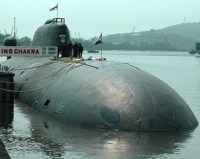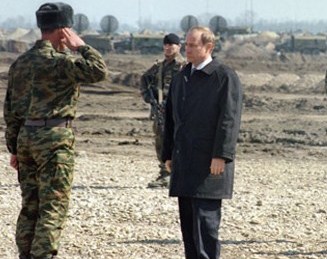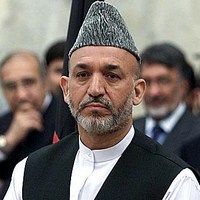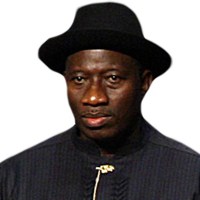
The American military is led by some of the most educated professionals in the world. It’s not unusual for a retiring commissioned officer to have spent more time learning in the classroom than a physician, attorney or professor. All commissioned officers and a surprising number of career noncommissioned officers have a four-year college degree; many add an advanced civilian degree — or several of them. This is bolstered by what is called the “professional military educational system,” which is made up of specialized schools operated by the military services themselves. The most important are staff colleges, whose students have 12-14 […]




